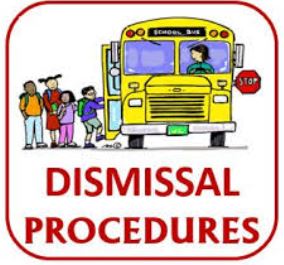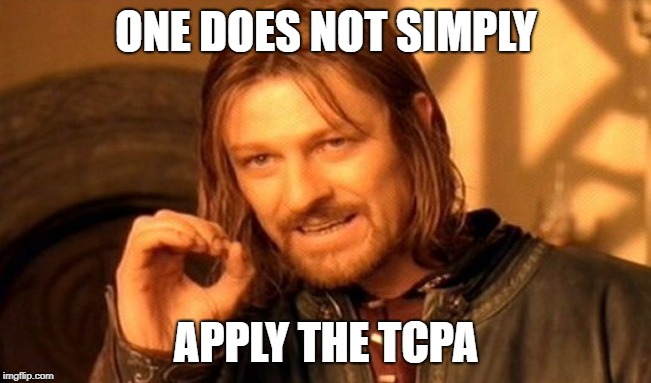 Louis XIV, the “Sun King” who ruled France from 1643 to 1715, allegedly claimed: “L’État, c’est moi” (“I am the State.”). If, however, Louis served as the governor of Texas rather than the French monarch, he could not say that:
Louis XIV, the “Sun King” who ruled France from 1643 to 1715, allegedly claimed: “L’État, c’est moi” (“I am the State.”). If, however, Louis served as the governor of Texas rather than the French monarch, he could not say that:
“The claim that the Governor’s commissioning of temporary justices would be attributable to the State, the named plaintiff, misunderstands the nature and structure of Texas’s government. As Respondents concede in their July 13 letter, ‘Texas does not have a unitary executive.’ See In re Abbott, 645 S.W.3d 276, 280 (Tex. 2022) (‘[T]he Texas Constitution does not vest the executive power solely in one chief executive. Instead, the executive power is spread across several distinct elected offices … .’)”
State of Texas v. Volkswagen AG, No. 21-0130 (Tex. Nov. 18, 2022).






